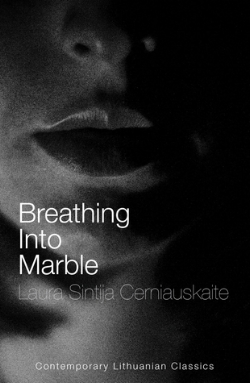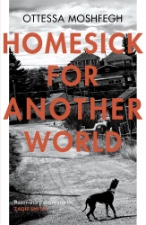Breathing Into Marble Laura Sintija Černiauskaite (Lithuania): 2006?; translated by Marija Marcinkute, Noir Press, 2016.
This family drama/thriller is published by the fairly new Noir Press out of the UK. Their focus is on Lithuanian fiction in English translation. It is the first of their five highly anticipated published books that I have obtained and read and I was vastly disappointed. First off, there were many typos and other mistakes, seemingly having missed the editing process. This always makes for a more difficult read. Second, the novel is overstuffed with metaphor and simile. Again, it was difficult to get into the story reading all of them, many of them not even very good. The basic premise, the adoption of a boy who wreaks havoc on a family and the subsequent unraveling of that family, is fairly straightforward and a good premise. The prose, however, simply did not live up to this storyline. I have read several reviews which posit that this is an excellent and beautifully told story. I disagree.









